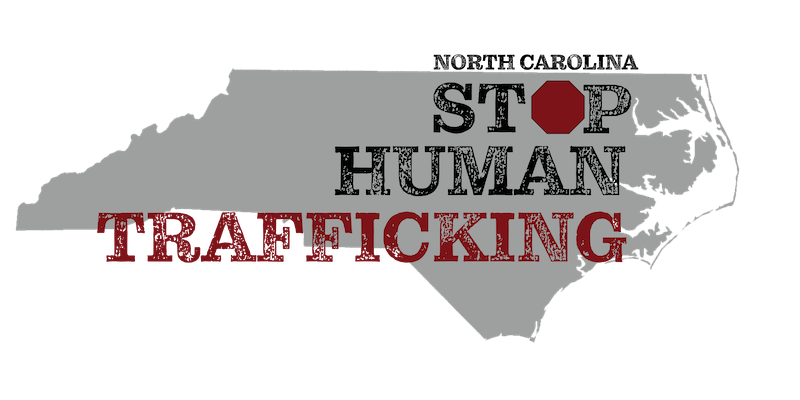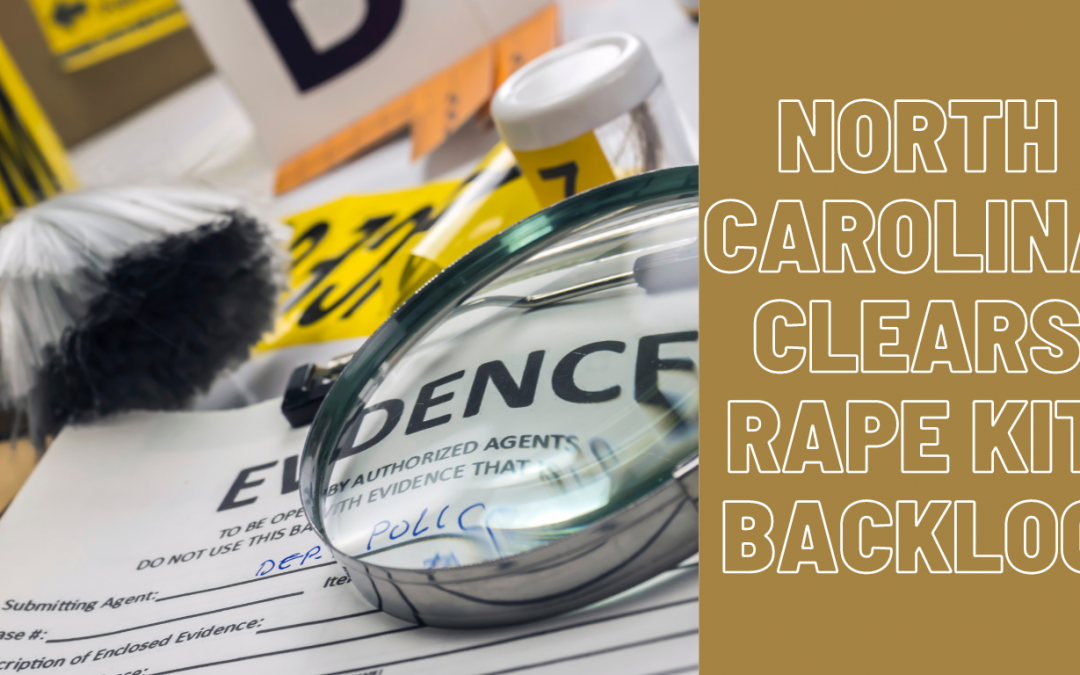North Carolina cleared the rape kit backlog, finishing decades’ worth of rape kits on Tuesday, April 9.
The Survivor Act, passed by the General Assembly in 2019, allocated funds to address more than 16,000 shelved tests, some of which were from the 1990s.
Now that decades-long untested rape kits have been processed, there are possibilities to find connections between sexual assault and human trafficking. Survivors of sex trafficking are also survivors of sexual assault.
According to the advocacy group End the Backlog, North Carolina had one of the worst backlogs in the nation.
Due to the backlog, survivors had no voice previously. North Carolina deprioritized survivor voices and survivors’ justice.
Why are Rape Kits Important?
Approximately every 68 seconds, someone is sexually assaulted in the United States (End the Backlog).
Recently, the suspect in the abduction and murder of 13-year-old Lumberton native Hania Noelia Aguilar was tied to another untested rape kit.
“It is absolutely tragic and makes me sad and a little bit crazy that this girl was killed, and if the case had been investigated properly, chances are she would be alive today,” North Carolina Attorney General Josh Stein told ABC News.
Unfortunately, Hania’s case is among many others that could have been prevented with the action of testing the rape kit sooner.
A new round of testing previously untouched rape kits yielded around 2,700 matches for offenders who already had a criminal record and more than 100 arrests.
Rape kits can also help persecute human trafficking rings. Human trafficking is not a single-man operation but rather a business. Like many other illicit activities, the chance to find other suspects arises when one suspect is prosecuted.
Rape kits can:
- Identify criminal patterns. DNA found in rape kits can connect different crimes together, identifying prolific criminals.
- Assist in human trafficking investigations when necessary. Rape kits can find perpetrators that could be involved in human trafficking.
- DNA evidence can solve cold cases. DNA technology is a powerful, modern tool to help police officers solve new and cold cases. DNA can identify unknown assailants and dismiss the wrongfully convicted.
- Improves medical care after an assault. Rape kits call for the testing of pregnancy, sexually transmitted diseases, and examine injuries.
What is a Rape Kit?
After a victim is sexually assaulted, their body becomes treated as a crime scene.
Upon entering a medical facility or rape crisis center, the survivor can choose to complete a rape kit.
A rape kit involves a medical professional conducting a lengthy examination of the survivor’s entire body for DNA evidence of the attacker. Most kits involve:
- Tubes and containers for blood and urine samples
- A comb
- Dental floss and wooden sticks for fingernail scraping
- Swabs for biological evidence collection (DNA)
- Glass slides
- A large sheet of paper on which the victim undresses to collect hairs and fibers
- Documents, envelopes, boxes, and forms for each stage of the exam
- Camera to take photos of injuries
– Written by Ellie Bellia, community outreach assistant. She can be reached via email at ellie@encstophumantrafficking.org. Click here to support our work.

